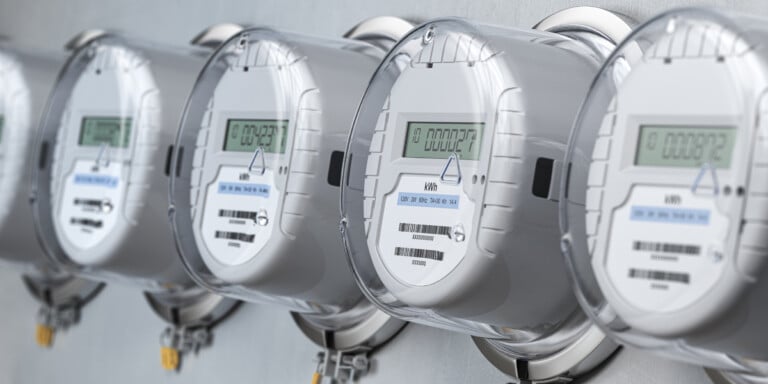
House Bill 281 would help communities save money and the environment
The measure will let communities meet their clean energy goals under net metering
On Thursday, the NH House of Representatives will take a crucial vote on local self-reliance, energy independence, and the environment.
House Bill 281, a bipartisan compromise bill that recently passed the State Senate with unanimous support, would finally enable New Hampshire cities and towns to become energy self-sufficient while reducing taxpayer costs and carbon pollution.
Why is this vote so critical for local communities, including the cities of Nashua and Keene where we serve as mayors?
In 2017, Nashua joined the Climate Mayors initiative, along with 435 cities across the country, to uphold the values and goals of the Paris Climate Agreement. We formed the Nashua Energy and Environment Committee, which developed the city’s goal of 100 percent clean energy by 2050.
In 2019, the City of Keene formally adopted a similar goal of transitioning to 100 percent clean and renewable energy for electricity by 2030 and for all sectors by 2050.
Although both our cities have taken significant strides, with multiple solar installations on city facilities and recently-launched Community Power initiatives, there is still a significant need to expand clean energy production if we are to meet our goals and continue to save our local taxpayers money.
The solution is staring us in the face. The City of Keene owns significant amounts of solar-ready land that cannot be developed for other purposes at our municipal airport. We have been working to develop a community solar farm there since 2020. There’s just one problem: the land in question happens to be located just across city lines in the neighboring town of Swanzey, and state law forbids municipalities from offsetting their electricity loads over 1MW if the projects are located outside city bounds.
Likewise, Nashua has ample opportunities to partner with the owners of large contaminated brownfields nearby that are ideally suited to community solar farms. As the state’s second-largest city with very limited undeveloped land within city bounds, our municipal energy needs far exceed the amount of generation we are currently allowed to install under state law.
Fortunately, HB 281 would lift this arbitrary geographic restriction and allow our communities to finally move forward to meet our clean energy goals under net metering. The bill is aligned with our state’s well-established policy goal of allowing municipalities to reduce their energy costs through self-generation. It would ensure this is a reality not just for Nashua and Keene but also for the many smaller cities and towns across New Hampshire that have made similar commitments to cutting costs and carbon pollution for the good of their residents.
If HB 281 became law, towns could partner to combine their energy loads and build joint community solar farms on the most suitable land, such as nearby capped landfills and brownfields. Such partnerships are essential to unlocking major economies of scale that exist for projects of 3-5 MW, compared to the current 1 MW cap, especially when considering the six- and sometimes seven-figure costs utilities assess to interconnect community solar farms to the electric distribution grid. Much of these mandatory upgrades are for resiliency equipment upstream of the solar project, which benefit the grid at large. What’s more, a study commissioned by the NH Department of Energy recently confirmed that net metering saves money for all, while bringing substantial jobs and economic development to our state.
Although the bill is far from perfect and also includes a regulatory measure that could stifle progress on utility energy planning, we know from experience that politics is the art of the possible. The evidence is clear that HB 281 will do far more good than harm for our state’s environment and economy. Let’s take this opportunity to expand energy independence for New Hampshire cities and towns while offsetting hundreds of millions of pounds of carbon pollution every year for decades to come.
Jim Donchess, a Democrat, has served as mayor of Nashua since 2016 and previously was mayor from 1984 to 1992. George Hansel, a Republican, has served as mayor of Keene since 2020.







